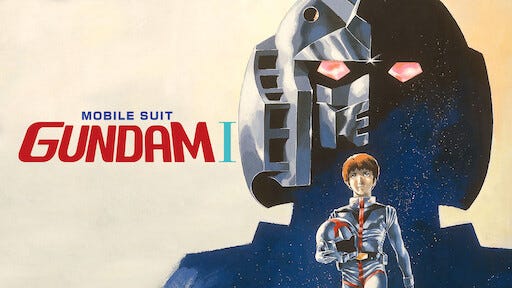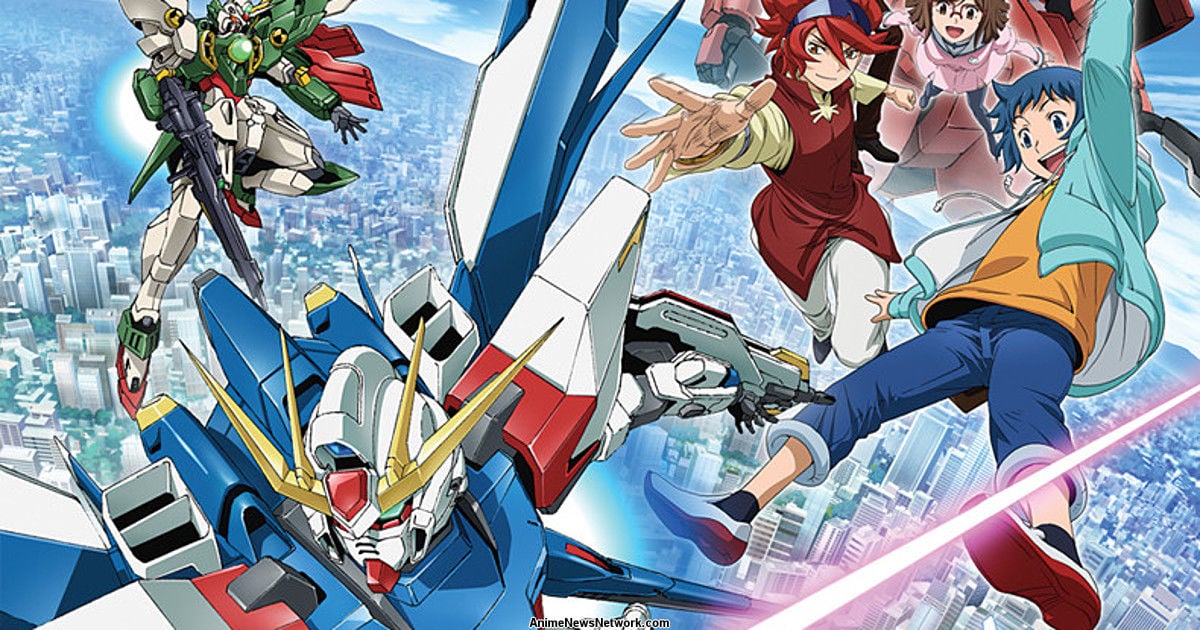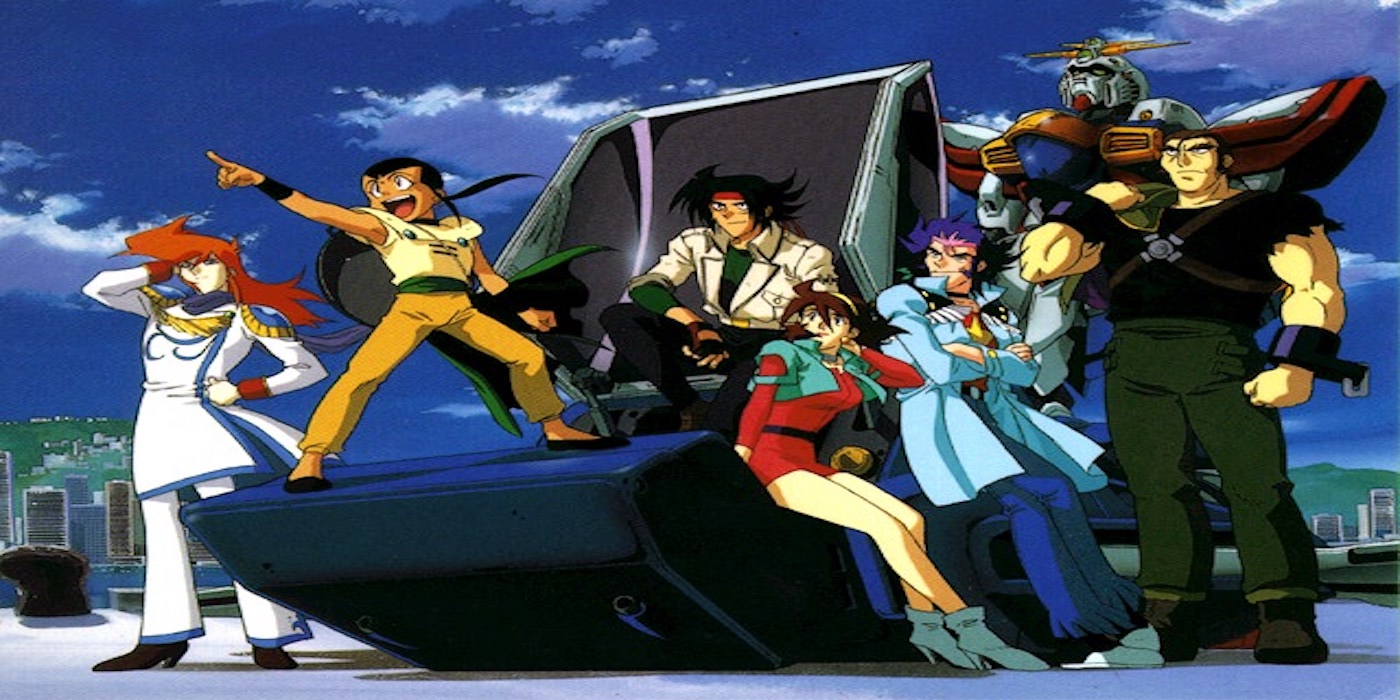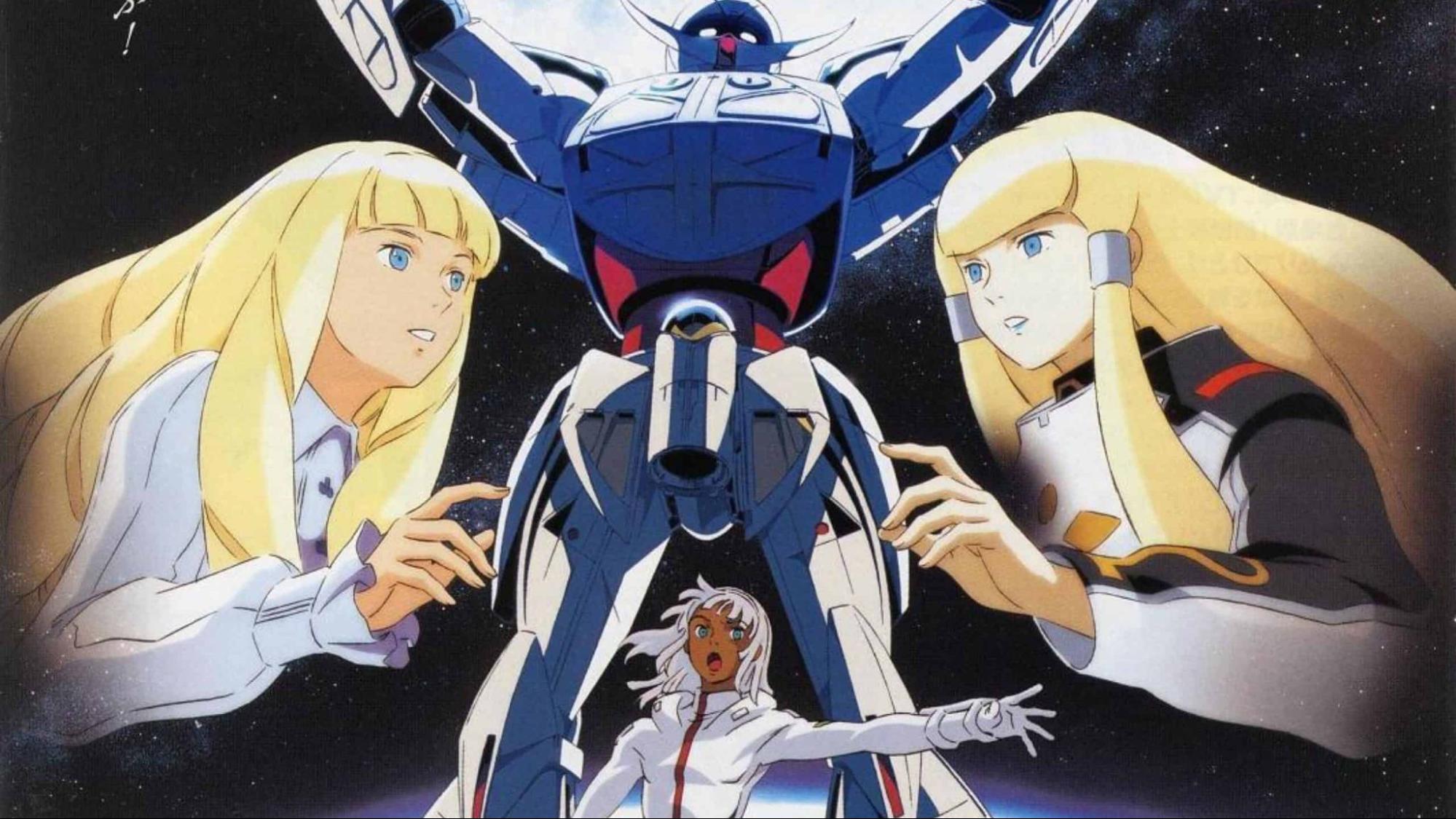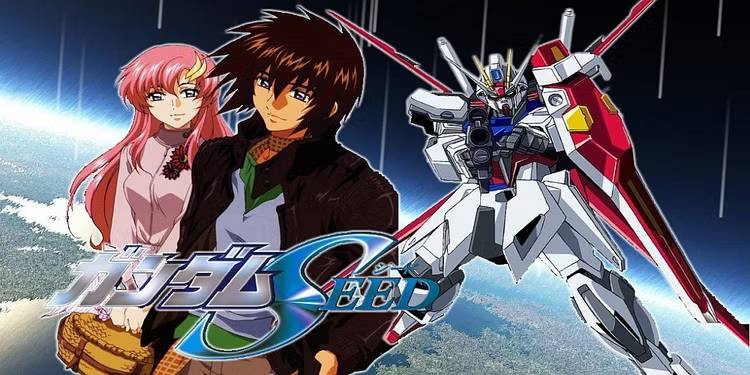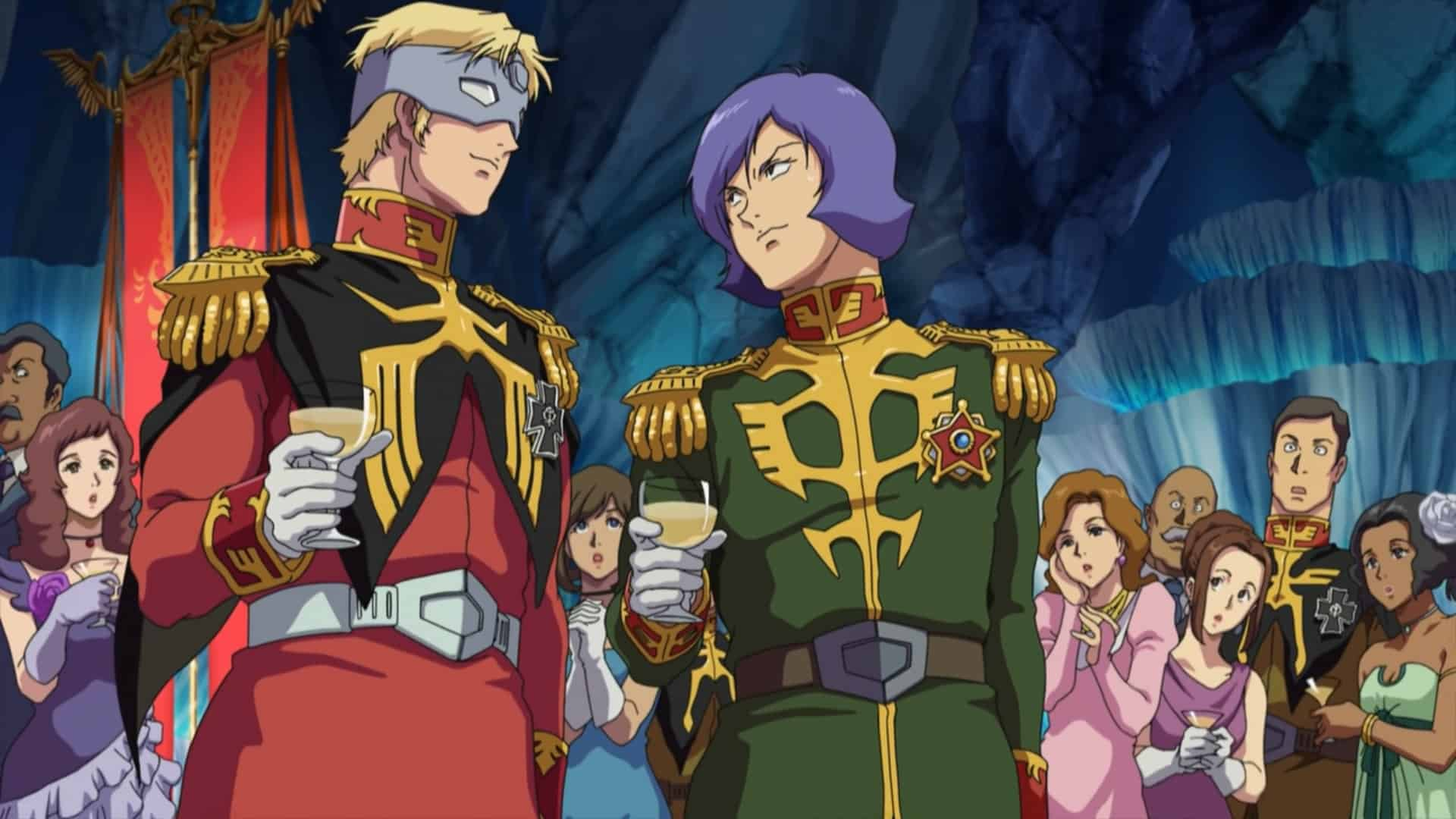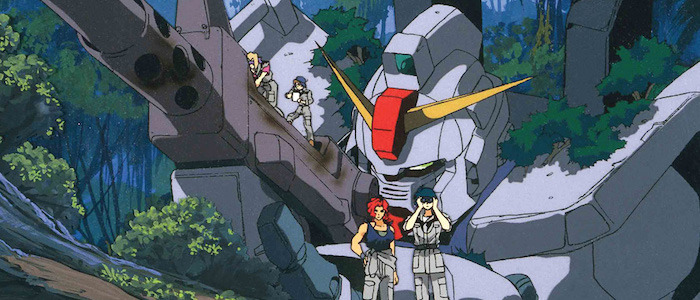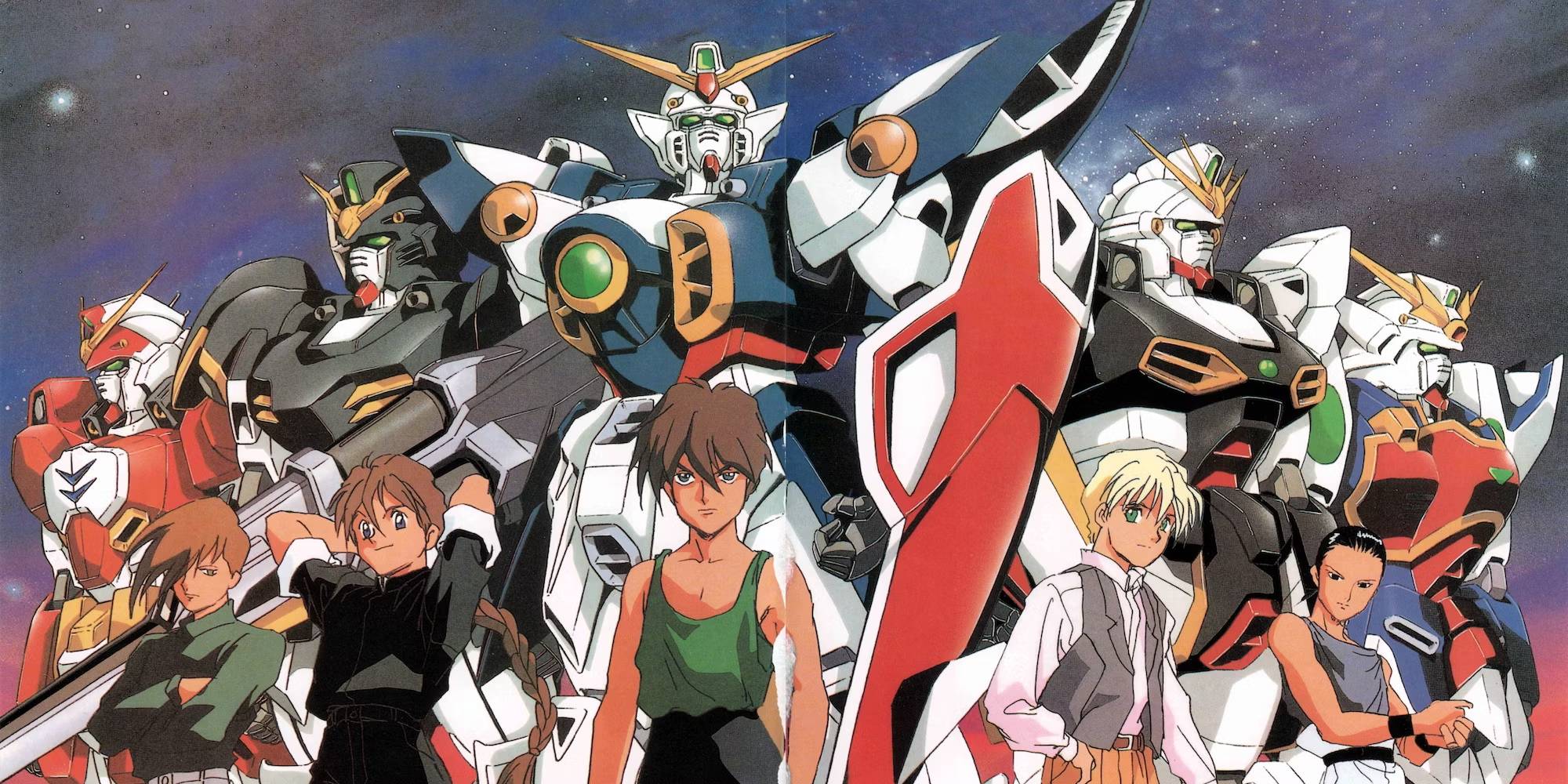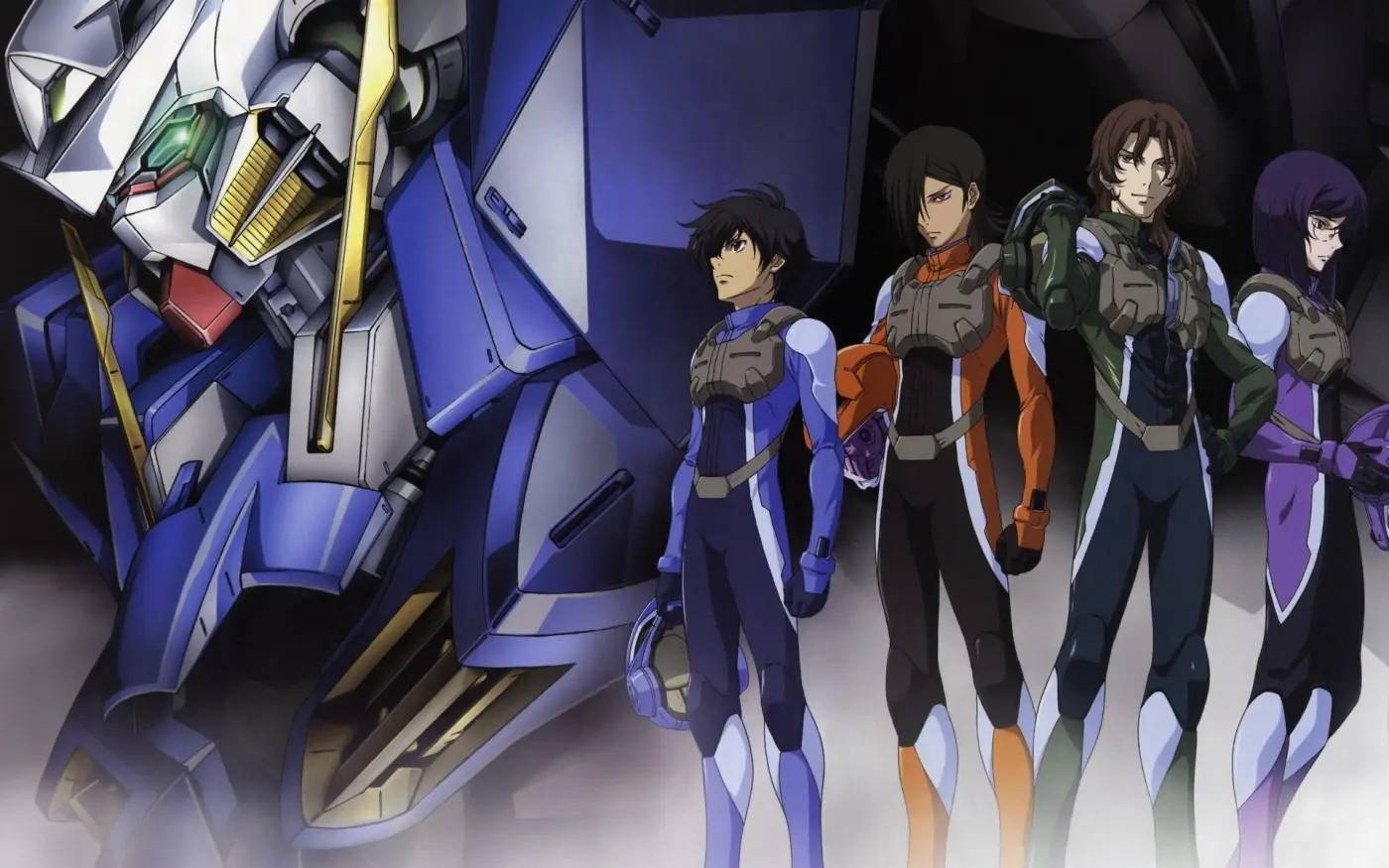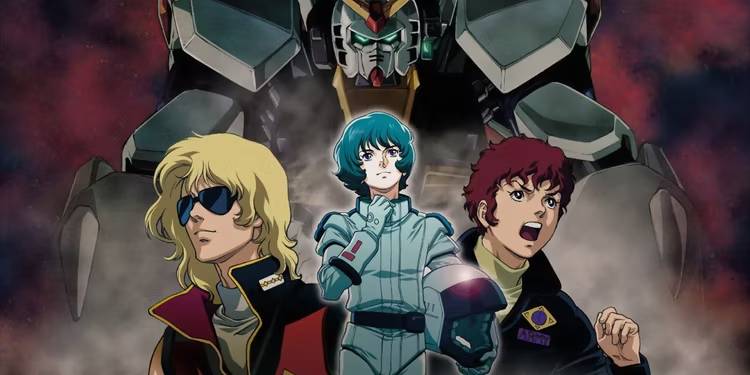Which is The Best Gundam Series?
The Gundam franchise stands as a titan in the world of anime, boasting a legacy that spans decades and capturing the hearts of fans across the globe. With numerous entries in the series, each offering its own unique storylines, characters, and themes, the question arises: which Gundam anime series reigns supreme? In this exploration, we delve into the contenders vying for the title of the best Gundam anime series.
Mobile Suit Gundam I (1981)
In the vast collection of sequels set within the Universal Century, Mobile Suit Gundam I revolves around a hesitant youth thrust into the role of piloting a newly developed mech. The catalyst for his involvement stems from the destruction of the space station housing the Gundam, leaving him as the sole capable pilot. Despite his reluctance to engage in combat against the Principality of Zeon, circumstances leave him with no alternative. The Federation’s latest suit under his command becomes a crucial asset in preventing Zeon’s conquest.
Gundam Build Fighters (2013)
The 2013 series appears to be situated within the Universe Century framework or at least shares some ties to it. Gundams have undoubtedly garnered widespread popularity, even to the extent of having their own television programs. Sei Iori, the protagonist of the show, aspires to follow in his father’s footsteps and become a Gundam champion. However, he finds himself at a loss regarding how to begin his journey. Everything takes a dramatic turn when he encounters Reiji, a Gundam fighter, setting the stage for a significant change in Sei’s life.
Mobile Fighter G Gundam (1994)
Taking place within a network of orbital space colonies, Mobile Fighter G Gundam revolves around the Gundam Fight, a competition devised to avert conflicts. The victor of this tournament assumes leadership over the space colonies for a duration of four years. Beyond the spectacle of battles between neo-nations, the narrative also delves into the quest to apprehend and eliminate the enigmatic Devil Gundam, adding layers of intrigue and complexity to the storyline.
Turn-A Gundam (1999)
Set hundreds of years ahead in the future, Turn-A Gundam unfolds in a world where the inhabitants of Earth have long ceased their interstellar explorations, their technology regressed to a level reminiscent of the era of World War I. However, this stagnant existence undergoes a significant shift when a Gundam emerges during a traditional coming-of-age ritual. Surprisingly, this occurrence heralds a positive development as it signifies the imminent arrival of an advanced human civilization residing on the Moon, equipped with their own formidable Gundams, seeking to reclaim Earth. As the looming threat draws nearer, additional Gundams hidden on Earth begin to surface, setting the stage for a confrontation of epic proportions.
Mobile Suit Gundam Seed (2002)
Set within the “Cosmic Era,” Mobile Suit Gundam Seed unfolds in a tumultuous era characterized by deep-seated divisions among humanity. On Earth, reside the Naturals, while the genetically-enhanced inhabitants of space are known as the Coordinators. Tensions between these two factions escalate into open conflict, sparking a devastating war. This conflict sees the introduction of mechanized suits known as mechas, which play a pivotal role on the battlefield. The series follows the journeys of several Gundam pilots as they navigate enemy lines and strive to bring an end to the conflict. Employing cutting-edge mechas provided by a neutral coalition of nations, these pilots embark on daring missions to halt the war’s destructive course. Despite the animosity between Coordinators and Naturals, the series ultimately emphasizes the potential for cooperation and reconciliation as individuals from both sides unite to restore peace and harmony.
Mobile Suit Gundam: The Origin
Gundam The Origin represents a contemporary exploration of the Universal Century universe, revisiting a period rarely explored in Gundam lore: the era preceding the One Year War. Immersing viewers in the backstory of the Red Comet, The Origin recounts the transformation of Casval Rem Deikun into the legendary Char Aznable. Departing from the typical focus on the Earth Federation Forces, this series predominantly shifts its attention to the Zeon perspective, shedding light on the ascent of the Principality of Zeon and the morally questionable tactics employed to achieve dominance.
Mobile Suit Gundam: The 08th MS Team (1996)
Tomino’s concept for Gundam marked a shift from the realm of Super Robot to Real Robot, portraying mechas as mass-produced weapons integral to warfare. While many of his series follow this trajectory, few achieve the level of realism found in 08th MS Team. Here, the focus veers away from specialized prototypes and psychic phenomena, opting instead for a gritty narrative set amidst the backdrop of jungle warfare. The characters in 08th MS Team are portrayed as relatable and down-to-earth, resembling individuals one might have encountered in everyday life before they were thrust into the chaos of war. Viewers are drawn into their struggles, rooting for their survival and yearning for their safe return home.
Mobile Suit Gundam Wing (1995)
Mobile Suit Gundam Wing, a cornerstone of the Gundam franchise, stands as a testament to the enduring legacy of the series. Originally aired in the mid-1990s, Gundam Wing captured the imagination of audiences worldwide with its captivating narrative, dynamic characters, and groundbreaking mecha designs. Set in a future where humanity has colonized space, the series explores the complexities of war, politics, and the pursuit of peace through the lens of five young Gundam pilots. As they navigate a world torn apart by conflict and intrigue, Gundam Wing delivers a compelling tale of heroism, sacrifice, and the quest for justice. With its timeless themes and unforgettable moments, Mobile Suit Gundam Wing continues to captivate new generations of fans, solidifying its place as a beloved classic in the annals of anime history.
Mobile Suit Gundam 00 (2007)
A team of youthful and appealing adolescent males collaborate to halt warfare, employing mobile suits far superior to those utilized by conventional military factions. Despite the inherent contradiction of combating war with warfare, Gundam 00 presents us with a well-structured entity in Celestial Being, thereby lending credence to the noble objectives pursued by our protagonists and imbuing their mission with a sense of purpose and coherence. Furthermore, the series delves into the intricate backstories of its characters, elevating Gundam 00 to one of the standout productions of the 2000s.
Mobile Suit Zeta Gundam (1985)
Following the success of the theatrical version of the Gundam series, this installment avoids the pitfall of premature conclusion. It effectively portrays a gritty narrative of war, shedding light on its impact on the youth, the fluidity of alliances, and the absence of clear-cut heroes. Notably, the conclusion of Zeta Gundam serves as a poignant reminder of the unpredictability of war, emphasizing the harsh reality that even our protagonists are not exempt from mortality or guaranteed a favorable outcome. While not without flaws, this series resonates as a faithful representation of Tomino’s envisioned essence for Gundam more so than any other.
Determining the best Gundam anime series ultimately comes down to personal preference, as each entry offers its own unique blend of storytelling, themes, and characters. Whether it’s the political intrigue of Gundam Wing or the pursuit of peace in Gundam 00, there’s something for every fan to enjoy in the vast world of Gundam. To explore the wide array of Gundam anime series and merchandise, visit gundammerch.com .

